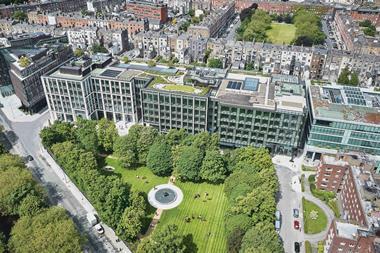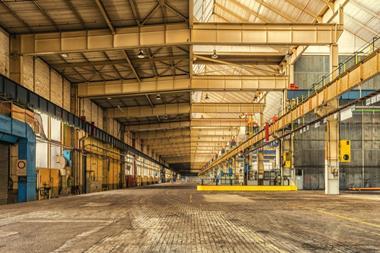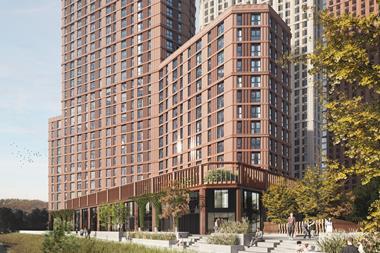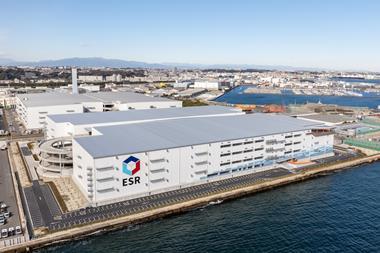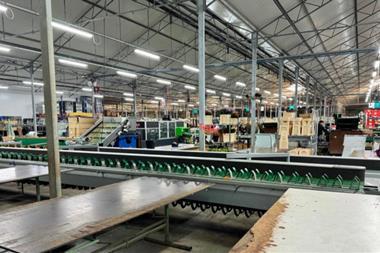GERMANY – The €60bn Bayerische Versorgungskammer (BVK) will be making its first investments in a recently created infrastructure debt vehicle.
Constantin Echter, head of fixed income structured products and spread investments at the Versorgungswerk, told IPE the BVK set up a Luxembourg-based fund for infrastructure debt over the summer in cooperation with two unnamed banks.
"The banks are showing us loans, part of which they keep on their books, and we are taking on the other share after looking through the banks' internal ratings and other details of the loans also with the help of external experts," he said.
The first investments will be the co-financing of a loan for a gas pipeline through Germany and a Dutch prison, worth €20m-70m each.
Echter said this amount would be the average size of co-investments in this vehicle, into which the BVK wants to invest up to €700m "over the medium term".
He added that he would have liked to invest this amount over the next two years, but "there are not enough investment opportunities".
For these investments, the BVK is looking into social infrastructure such as hospitals, universities or prisons, into energy infrastructure including renewable energies and transportation infrastructure such as motorways.
He confirmed it was important for the BVK that the banks co-invested in these infrastructure loans, as the Versorgungswerk did "not yet" have the expertise in-house in this asset class.
"We are only just starting with infrastructure debt, and we are hoping to build up internal expertise and maybe hire people over time," Echter said.
Last week, the BVK announced that it took on the refinancing of the Tower 185 in Frankfurt from Austrian CA Immo.
"They came to us with this proposal, but we are also actively looking for such opportunities," said Echter.
To increase exposure to this asset class, the BVK has also signed a deal with Deutsche Hypo.
Echter pointed out that this would be the only cooperation of its kind for now, but that the Versorgungswerk would be looking for new single deals in the real estate loan sector.
"Our advantage is that we can offer loans of several hundred million euros from one source, something banks often cannot do anymore given the regulatory requirements under Basel III," he said.
He added that the BVK had "enough fresh money" from contributions to "actually invest in another deal" similar to the Tower 185.
For its real estate debt investments, the BVK is mainly looking at the largest German cities but might in future also look across the border – "maybe into France" – for new investment opportunities.





